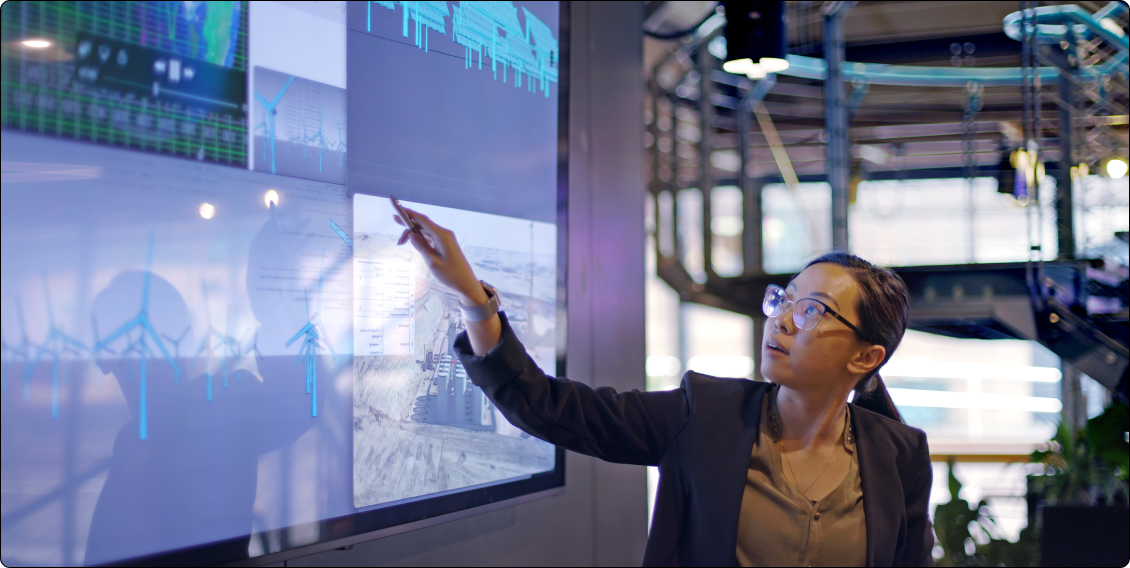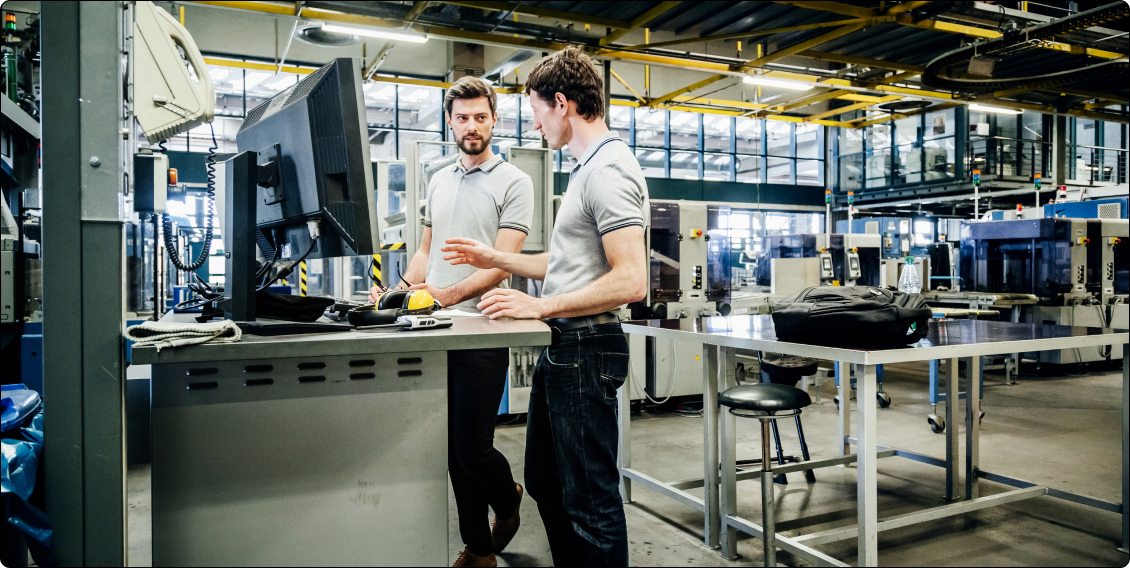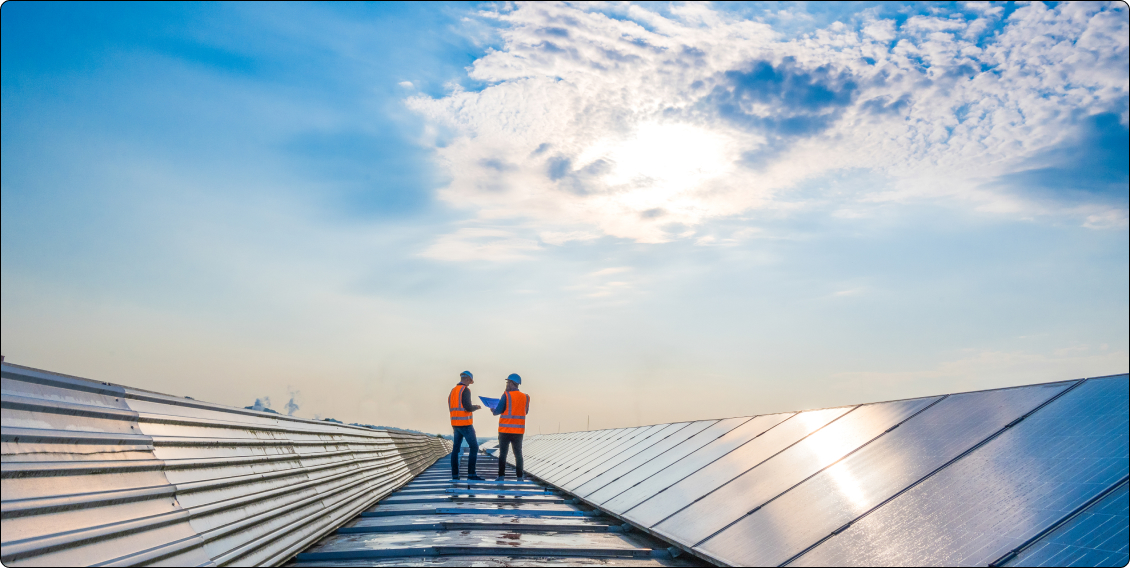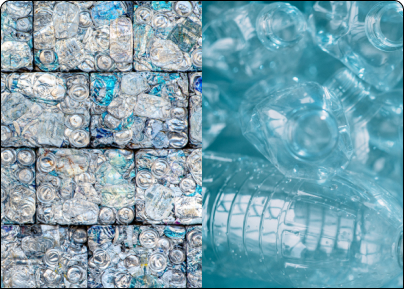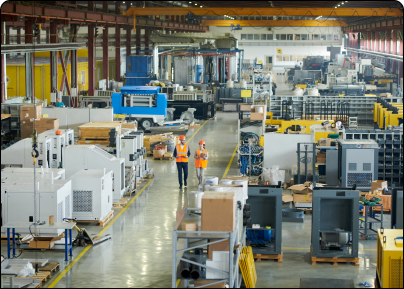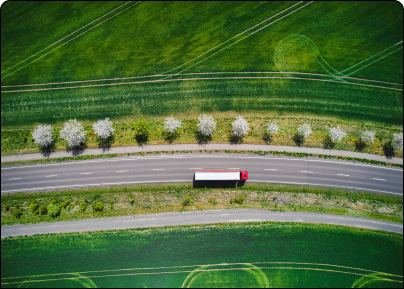Calculate your carbon emission today
Make high impact supply changes and win competitive tenders.
Science based carbon assessment for sustainable decision making.
Carbon Footprint Audit
Discover the carbon impact of your business and
what practical steps you can take to reduce it.
Carbon Footprint Audit
Discover the carbon impact of your business and what practical steps you can take to reduce it.
Industries we work with
Understand your climate impact to make more carbon efficient decisions
Recycled vs Virgin Materials
To achieve a full understanding of the carbon efficiency of any deal, we also account for the difference in emissions between producing recycled materials compared to new virgin materials. The majority of carbon emissions from recycling come from transport and reprocessing.
Buildings
When analysing a potential sale, we consider the emissions that would arise from the logistical side of moving the material from supplier to processor. We will not only look at the distance to be covered, but also at the mode of transportation; whether it will be sent by lorry, train or ship for example. We…
Logisitics
When analysing a potential sale, we consider the emissions that would arise from the logistical side of moving the material from supplier to processor. We will not only look at the distance to be covered, but also at the mode of transportation; whether it will be sent by lorry, train or ship for example. We…
